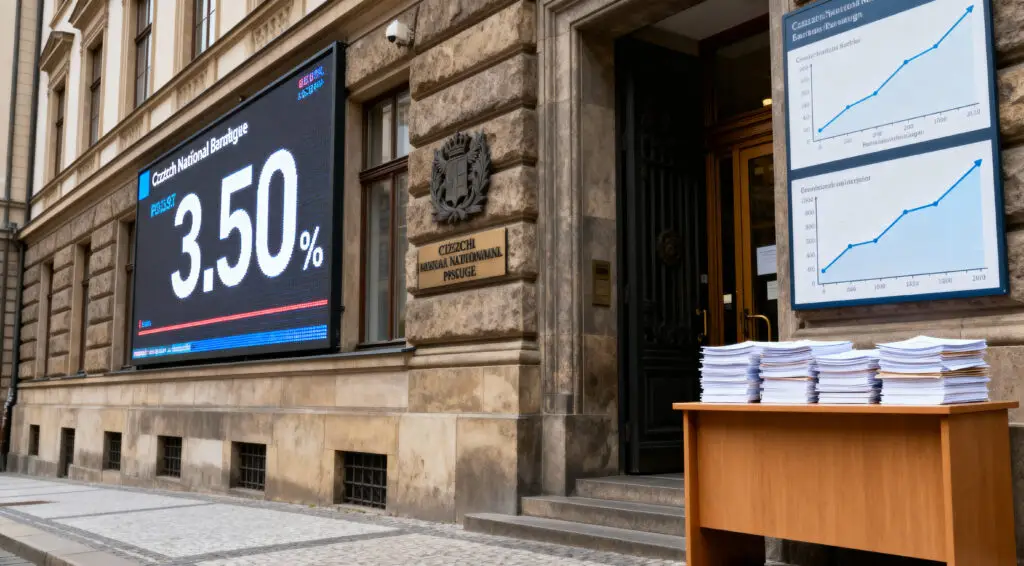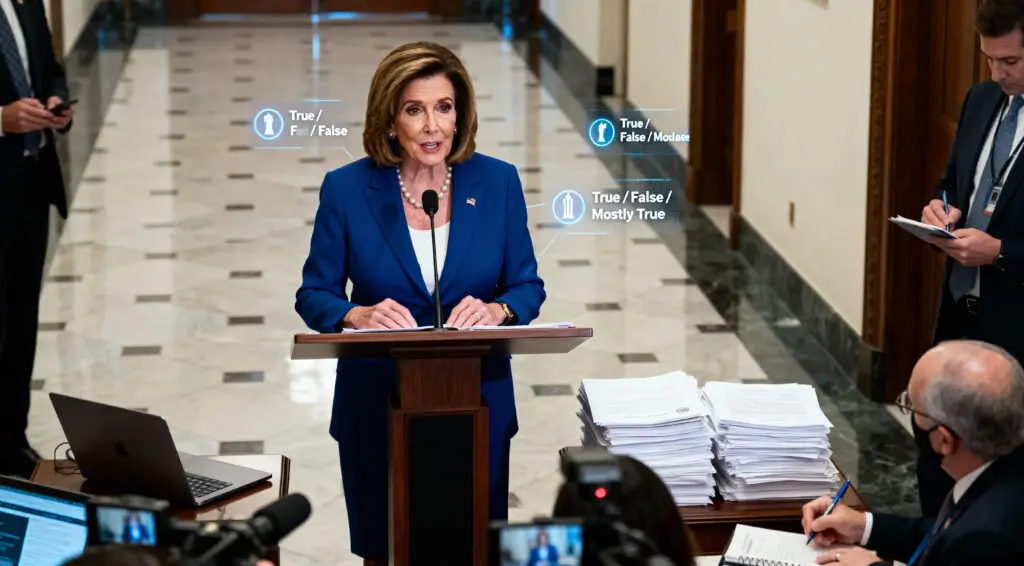The Philippines has taken a significant step forward in its anti-money laundering (AML) reputation, following its removal from the European Commission’s list of high-risk jurisdictions. The move aligns with the country’s earlier delisting from the Financial Action Task Force (FATF) grey list in 2023, which had kept the nation under heightened scrutiny for more than three years.
While these developments signal enhanced global confidence in the Philippines’ regulatory systems, credit ratings agency Moody’s is advising the government not to become complacent. In a statement following the delisting, Moody’s highlighted cryptocurrency and online gambling as persistent vulnerabilities that could undermine recent gains if left unchecked.
Crypto and iGaming Under Watch
“Continued vigilance will be essential,” said Xiao Chen, associate director at Moody’s, noting that although progress has been made, especially following a clampdown on the Philippine Offshore Gaming Operators (POGOs), residual risks remain in sectors prone to illicit financial activity.
According to Moody’s, online gaming platforms and the burgeoning cryptocurrency market are particularly attractive to money launderers due to the speed, anonymity, and cross-border nature of digital transactions. These sectors demand sustained monitoring and rigors enforcement if the country hopes to maintain its newly restored financial credibility on the world stage.
The caution comes as the Philippines celebrates improved access to global financial markets, especially those within the European Union. The removal from the European Commission’s high-risk list is expected to make it easier for the country to attract investment, ease cross-border financial flows, and support broader economic goals.
Regulators Brace for an Evolving Threat
Bangko Sentral ng Pilipinas (BSP) Governor Eli Remolona Jr., who also chairs the Anti-Money Laundering Council (AMLC), acknowledged the complexity of the task ahead. “We are in an arms race,” he said, referring to regulators’ ongoing struggle to keep up with increasingly sophisticated illicit finance techniques.
Remolona emphasised that rapid advances in digital technology, especially within financial and decentralised sectors, are constantly shifting the risk landscape. He urged Philippine regulators to update their enforcement strategies and surveillance tools accordingly.
The BSP and AMLC have taken proactive steps in recent years, ramping up compliance requirements and improving coordination with international agencies. However, experts say emerging threats demand ongoing reform, especially as criminals become more adept at exploiting technological gaps.
A History of Watchlist Woes
The Philippines’ recent success in being removed from the FATF grey list follows a long history of scrutiny from global AML watchdogs. The country was first blacklisted by the FATF in 2002 for deficiencies in its legal framework. It regained standing in 2005 after passing key legislative reforms.
But in June 2021, the Philippines landed on the grey list again, this time due to 18 identified regulatory shortcomings. That designation proved costly: financial institutions faced delays and increased scrutiny in cross-border transactions, impacting remittances and other vital sectors of the economy.
Following a focused national effort, the Philippines exited the grey list in 2023. The FATF confirmed that the country had “substantially completed its action plan,” which included improved financial supervision, better international cooperation, and enhanced enforcement mechanisms.
A Forward-Looking Compliance Strategy
Now, even as the European Commission aligns its position with the FATF’s, both domestic and international analysts stress that delisting is not the end of the journey. The country’s AML framework must continue to evolve, particularly in high-risk sectors.
Experts advocate for a risk-based approach, aligning with global best practices and ensuring that crypto exchanges, online gambling operators, and other non-traditional financial services are subject to thorough oversight.
The warning from Moody’s serves as a reminder that reputational improvements must be backed by sustained institutional vigilance. As new technologies reshape financial systems, the Philippines must remain agile, ensuring that its regulatory architecture is resilient enough to manage future threats.
For now, the country’s progress is commendable. But maintaining its clean status will depend on its ability to outpace those who exploit financial loopholes from behind computer screens and across digital borders.























